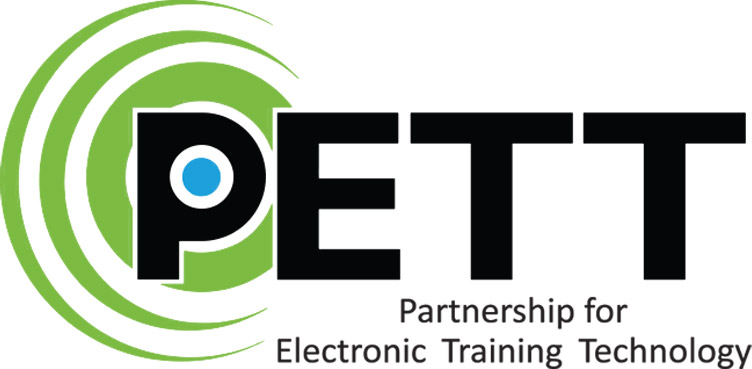Over the years, a number of scientific studies have examined the use of electronic pet training systems. In June 2012, a review of the historic studies conducted by the Companion Animal Welfare Council (CAWC) concluded that there was insufficient scientific evidence to indicate any damaging effects of electronic collars on the welfare of dogs. Most recently, the Department of Environment, Food and Rural Affairs (Defra) in the United Kingdom commissioned two studies designed to assess the effect of pet training aids, specifically remote static pulse systems on the welfare of domestic dogs. The resulting report was released in June 2013.
The study found that cortisol levels - a stress hormone - were in fact more elevated in dogs trained with e-collars than those trained without static stimulation. Defra concluded that the research shows no conclusive evidence that electronic training collars cause long-term harm to the welfare of dogs when used appropriately:
“Activities that might be associated with aversion or anxiety were rare and there were no significant behavioural differences between treatment groups. There were no differences between treatment groups in cognitive bias scores, nor in measures of temperament. None of these measures had changed from the pre-treatment assessments.”
That scientific conclusion seems to be supported by a letter sent from Defra secretary Michael Gove to the UK’s Royal Veterinary College in February 2018, which reportedly stated that its own scientific studies were “not strong enough to support a ban” on electronic training aids for dogs.
A previous Defra secretary, George Eustice, came to a similar conclusion in 2014, writing that his agency “did not believe there was evidence that the use of such devices causes unnecessary suffering.”
While there are a number of ways to effectively train a dog, using e-collars should be viewed as a legitimate and humane option because they are inherently a communication tool. Anything, including overfeeding, under exercising, or allowing a dog to be in distress because it hasn’t been trained in the behaviors that will allow it to be calm and happy, can be viewed as negative.
Defra is now collaborating with the Electronic Collar Manufacturers Association (ECMA), PETT’s sister organization in Europe. Their joint aims are:
To ensure that electronic training products are manufactured to high quality standards
To ensure that all reasonable steps are taken to provide consumers with access to instructional guides on the proper use of electronic pet training systems.

